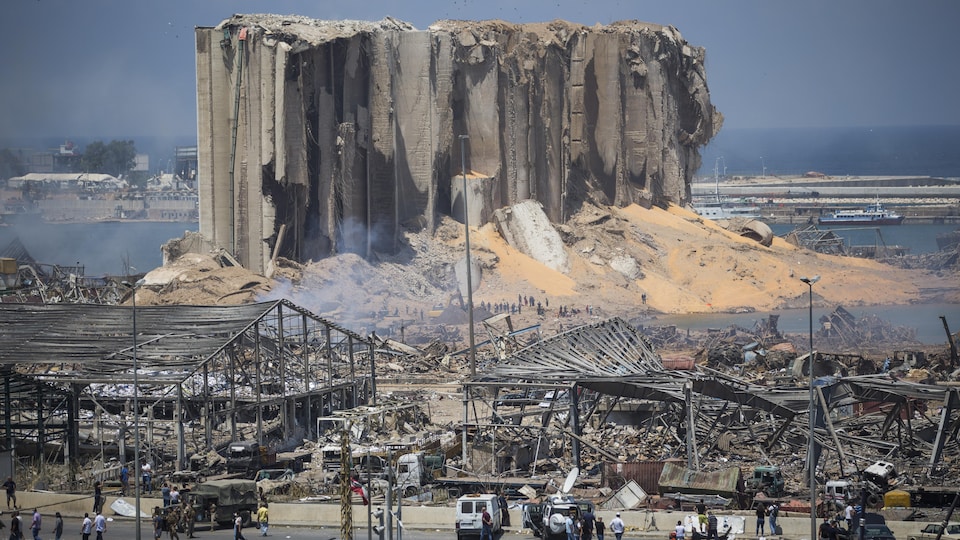Hezbollah and its allies have lost the majority they have held since 2018 in Lebanon’s parliament, according to a Reuters tally of official legislative election results on Sunday, in a major setback for the Shia -aligned militia party. Iran.
Hezbollah, the Shiite Amal movement, the Free Patriotic Movement (CPL) and other elected officials are considered in favor of the armed presence in the country of Hezbollah to control 62 of the 128 seats in Parliament, against 71 previously.
The results of this election, the first since Lebanon began to sink into a deep economic crisis in 2019 blamed by the World Bank on political elites, drew a Parliament divided between several blocs, which none of them have a majority.
A result that suggests a new political paralysis and raises fears of new tensions that could delay reforms crucial to lift the country out of the economic, social and political crisis that worsened in August 2020 with the explosion that devastated the port from capital, Beirut.
The new pro-reform independent deputies, from the ranks of popular protest in the fall of 2019, won 12 seats, representing a breakthrough of unexpected magnitude in a country in which both political formations share of power for decades. .
Among Hezbollah’s opponents, the Lebanese Forces party has gained ground to the point that it now claims the place of the country’s leading Christian party, leading the PLC by President Michel Aoun.
In other emblematic results, the leader of the Lebanese Democratic Party (PDL), near Damascus and Tehran, Druze Talal Arslane, heir to one of the oldest Lebanese political dynasties, was defeated against a candidate with no political experience.
According to the final results, other powerful Hezbollah allies have surrendered their seats, such as Tripoli’s outgoing Sunni Fayçal Karamé, former Sports Minister, also from the long line of politicians.
While the 2018 legislative elections have put Lebanon back into orbit closer to Shiite Iran, the results of this new election could allow its regional rival, Sunni Saudi Arabia, to regain influence in a country. which has long been the scene of rivalry between Riyadh. and Tehran.
Source: Radio-Canada
